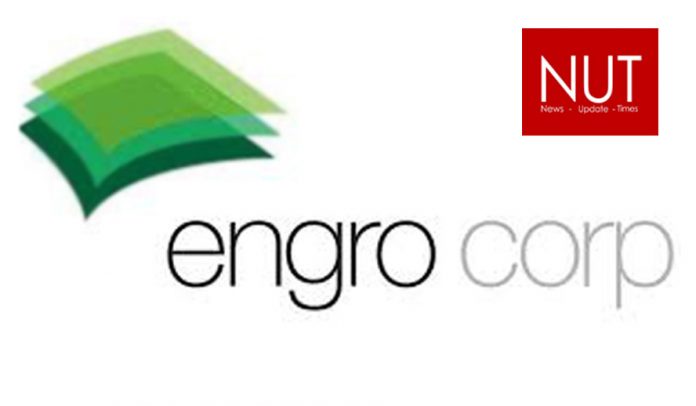Pakistan (Muhammad Yasir)
Following the increase by FFBL of PKR 1350/bag, Engro Fertilizers has also adjusted urea prices by PKR 785 per bag including FED. Compared to a 175% increase in gas prices for fertilizer sector on SNGP and SSGC networks, Engro has only increased 23% price of its urea bag.
Gas tariff for fertilizer companies on MARI network remains subsidized, which has created price distortion with multiple urea prices and provided the middlemen an opportunity to earn excessive profits of PKR 80 – 100 billion.
However, it is important to note that Engro Fertilizers has not increased the selling price of imported urea to facilitate the Government in providing support to farmers.
The decision to increase urea prices by FFBL and Engro Fertilizers comes after the government significantly increased gas input costs for fertilizer manufacturers on the SNGPL and SSGC network. Feed stock gas prices for these fertilizer manufacturers, which produce 60% of the total capacity, have increased from PKR 580/mmbtu to PKR 1,597/mmbtu. On the other hand, the remaining fertilizer manufacturers on the Mari network, that produce 40% of total capacity, are still on the subsidized price of PKR 580/mmbtu.
As a result of this price discrimination for the same homogenous product (gas), price distortion has been created with multiple urea rates in the market. Market reports show that urea prices of FFBL, Engro Fertilizers and Fauji Fertilizer Company Ltd now stand at Rs 5489/bag, Rs 4647/bag and Rs 3,767/bag, respectively.
According to experts, by not having the same gas price for all fertilizer manufacturers, the government will miss out on its fiscal objectives and there will be instability in urea prices for the farmers. Due to this price instability, an opportunity has been created for the middlemen to earn excessive profits of PKR 80 – 100 billion. By increasing Mari network prices, the government can benefit from this additional revenue to invest in the agricultural sector through targeted projects that generate economic activity.
An industry analyst explained that the government should “equalize gas rates for the whole industry; otherwise, it will create distortion and go against the IMF’s suggestion of elimination of subsides.” The bold strategy to reform the fertilizer sector by eliminating current gas price discrimination among the fertilizer players is expected to stabilize the urea market for benefit of the farmers, support the government’s economic agenda, and attract new investments in the fertilizer industry.






